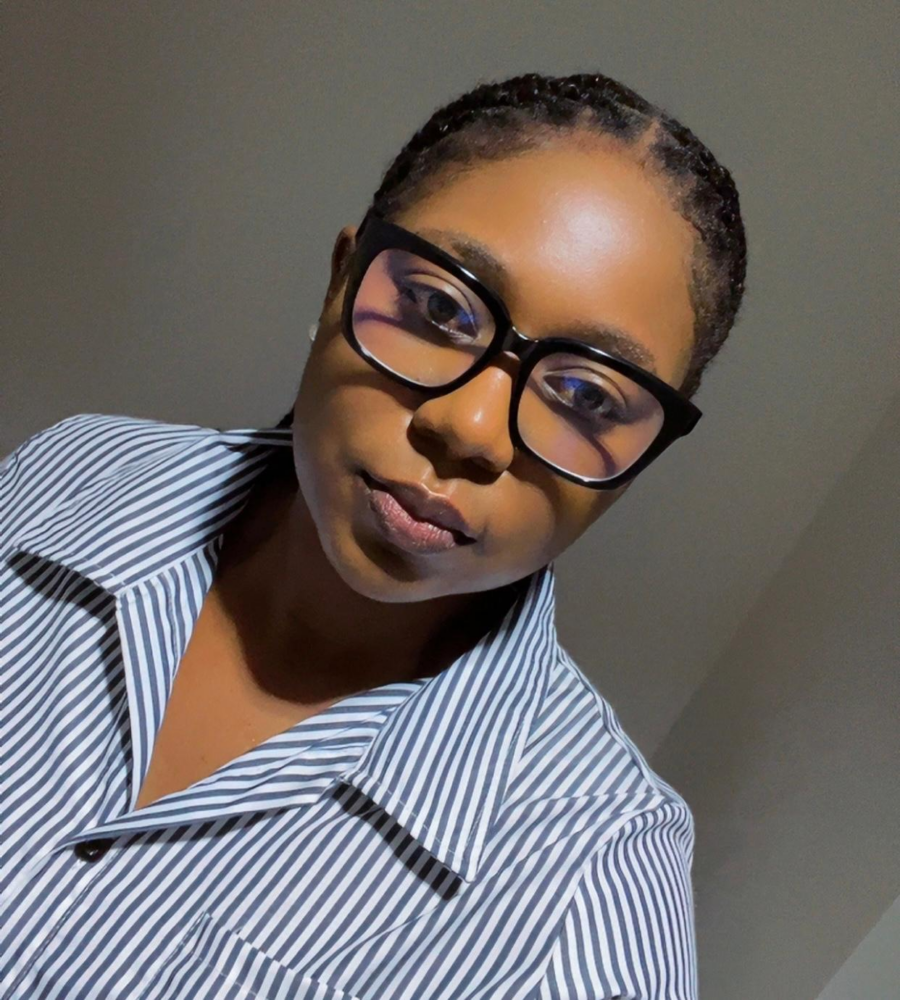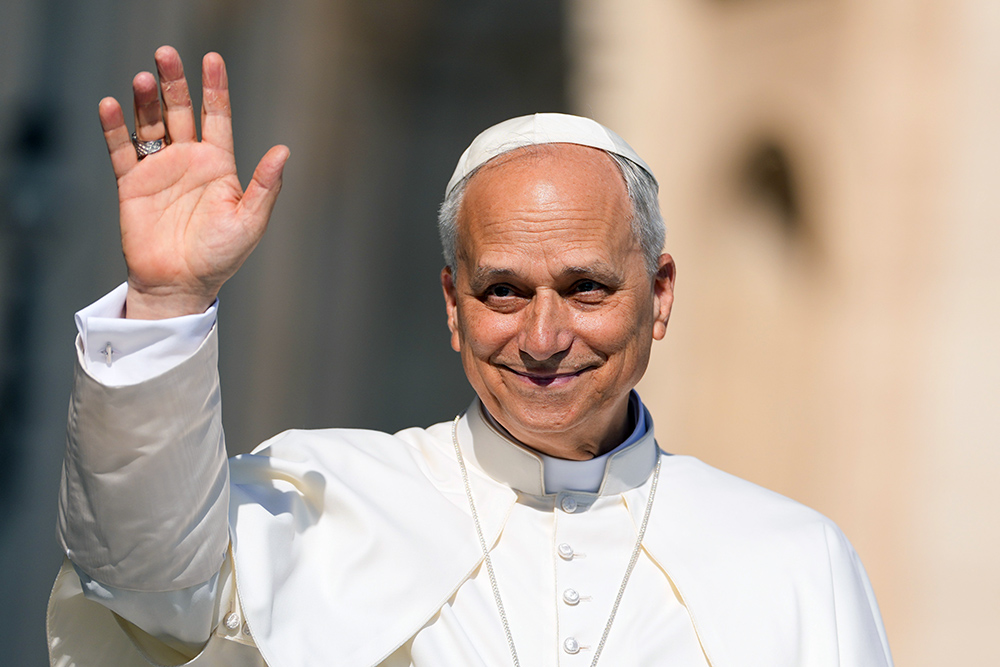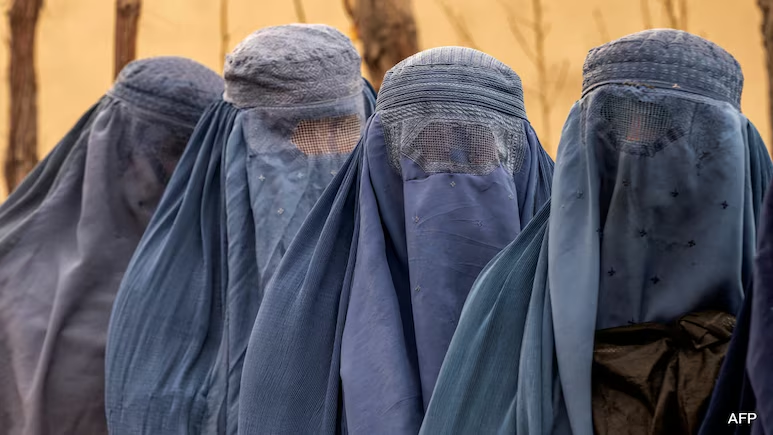A distinct social trend is becoming increasingly apparent across Kenya: a growing number of young women are reportedly gravitating towards dating older men, affectionately termed “Wababaz,” over their male age-mates.
While the adage “love knows no age” holds true, several underlying factors appear to be driving this evolving dynamic among younger generations.
One significant reason cited by young women, particularly those from Generation Z, is the perceived maturity of older men.
Many express that men in their age bracket often lack emotional intelligence, long-term vision, and a settled outlook on life.
In stark contrast, older men are frequently seen as more emotionally grounded, financially secure, and experienced in navigating the complexities of relationships, making them more appealing as prospective partners.
Financial independence also plays a crucial role. Amidst current economic uncertainties and a high cost of living, some Gen Z women find a sense of comfort and stability with partners who are already established in their careers.
This preference, they argue, is not solely about wealth but often about the security and the ability to plan a future with someone who has already successfully navigated the challenges of adulthood.
For Cheptoo, a 23-year-old, the financial aspect is undeniable. “Well, of course, we choose ‘wababa’ because they are stable mentally, and they have money.
You know, money is everything,” she stated candidly. “These boys aged between 20-35 have no money, and they know nothing about love.
All they know is ‘kupiga luku’ [dressing stylishly] with the small money they get.” She further elaborated on her preferences: “Again, we don’t just go for any random ‘mubaba’; they come in different types. Personally, I prefer dating one between 45 to 65. They truly understand how to love.”
Moreover, older men are often perceived to exhibit superior communication and commitment skills. In an era characterized by fleeting connections and casual hookups, many Gen Z women are actively seeking meaningful relationships and report finding that older men are generally more intentional and serious about commitment compared to their younger counterparts.
However, this trend elicits mixed feelings among young men. Many view the preference for ‘wababa’ as primarily driven by financial gain rather than genuine emotional compatibility or a desire for stability, as some young women claim.
“These Gen Z ladies have standards. They want a luxurious lifestyle that we, as young men, can’t afford to give them. That’s why they go for ‘wababa’ because they are financially secure,” remarked Ernest.
He further added, “There is nothing like security or experience in handling relationships; these buddies go there for money.”
Finally, the pervasive influence of social media and pop culture has significantly contributed to the normalization and even glamorization of age-gap relationships.
Through portrayals in movies, music videos, and the lifestyles showcased by influencers, such relationships are often presented as sophisticated, luxurious, or indicative of emotional stability.
As a result, younger audiences may begin to perceive these relationships as desirable or even a symbol of status and success.
While not all Gen Z women are drawn to older men, a growing number suggest that factors like emotional maturity, financial stability, and the prospect of a genuine, committed connection frequently outweigh age as primary considerations in matters of the heart.
By Charity Papai












